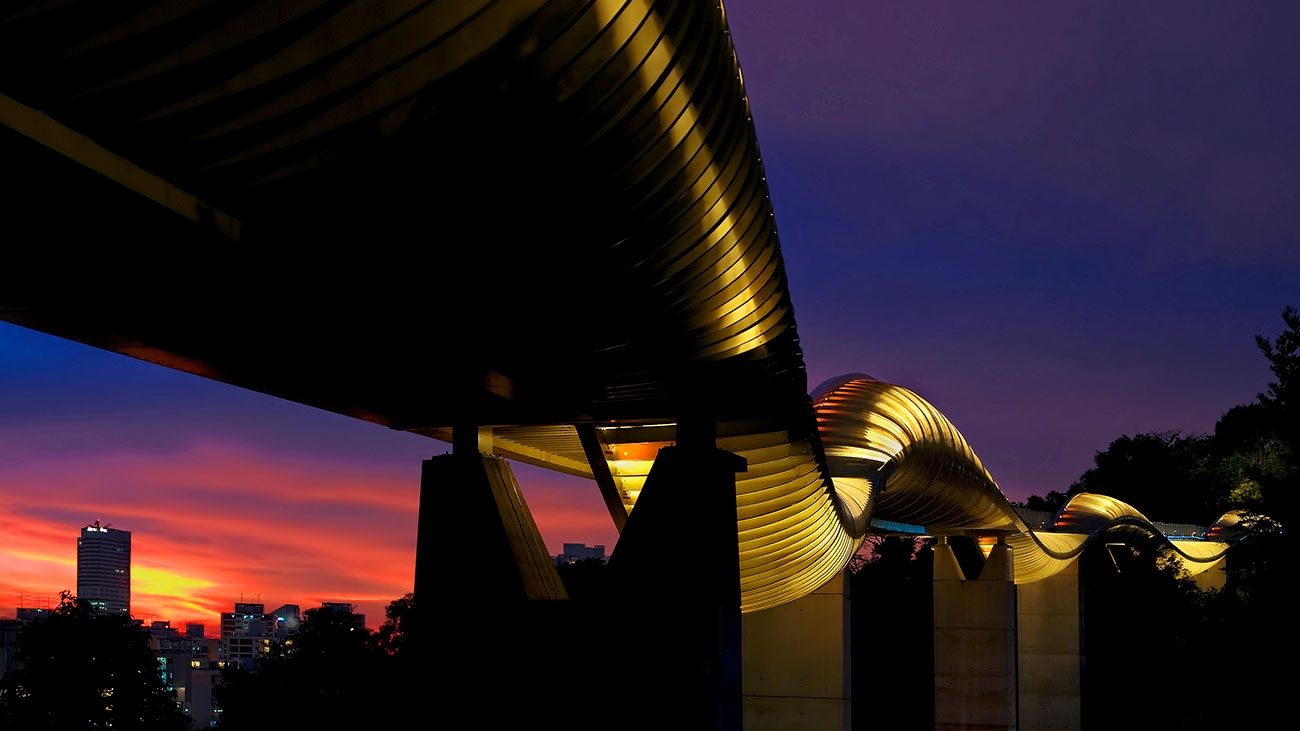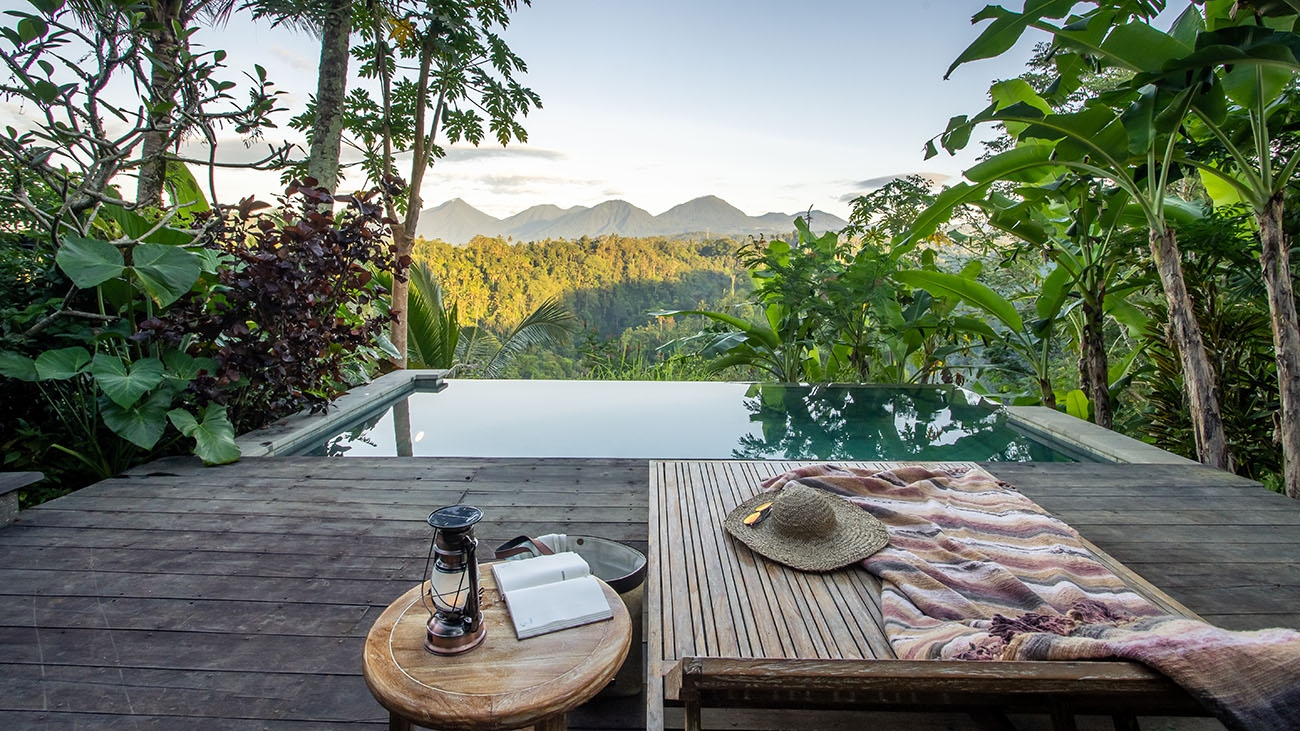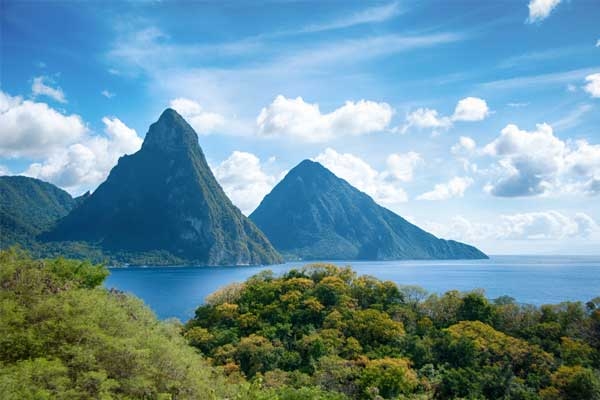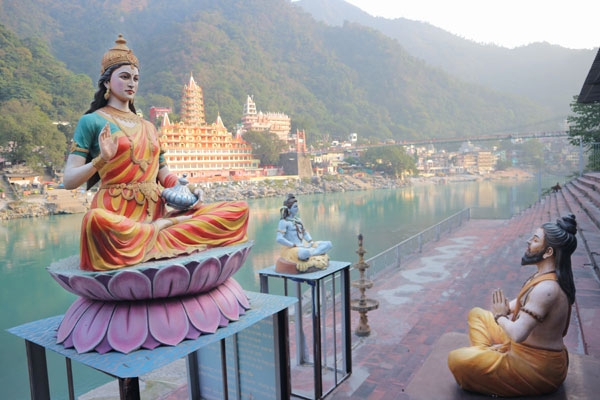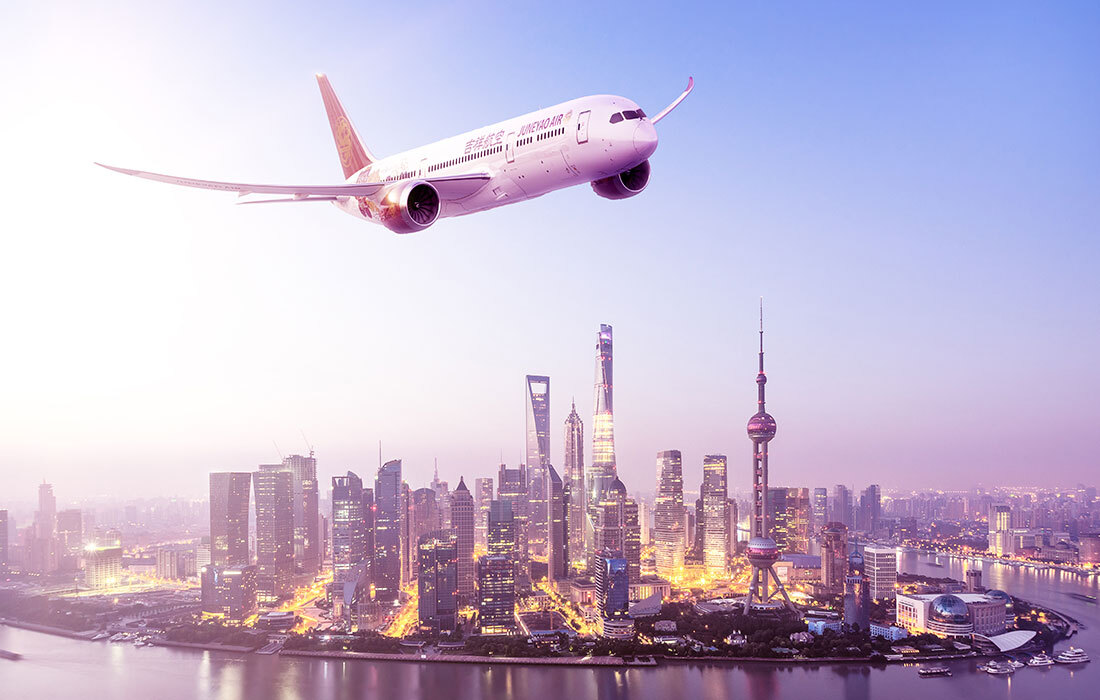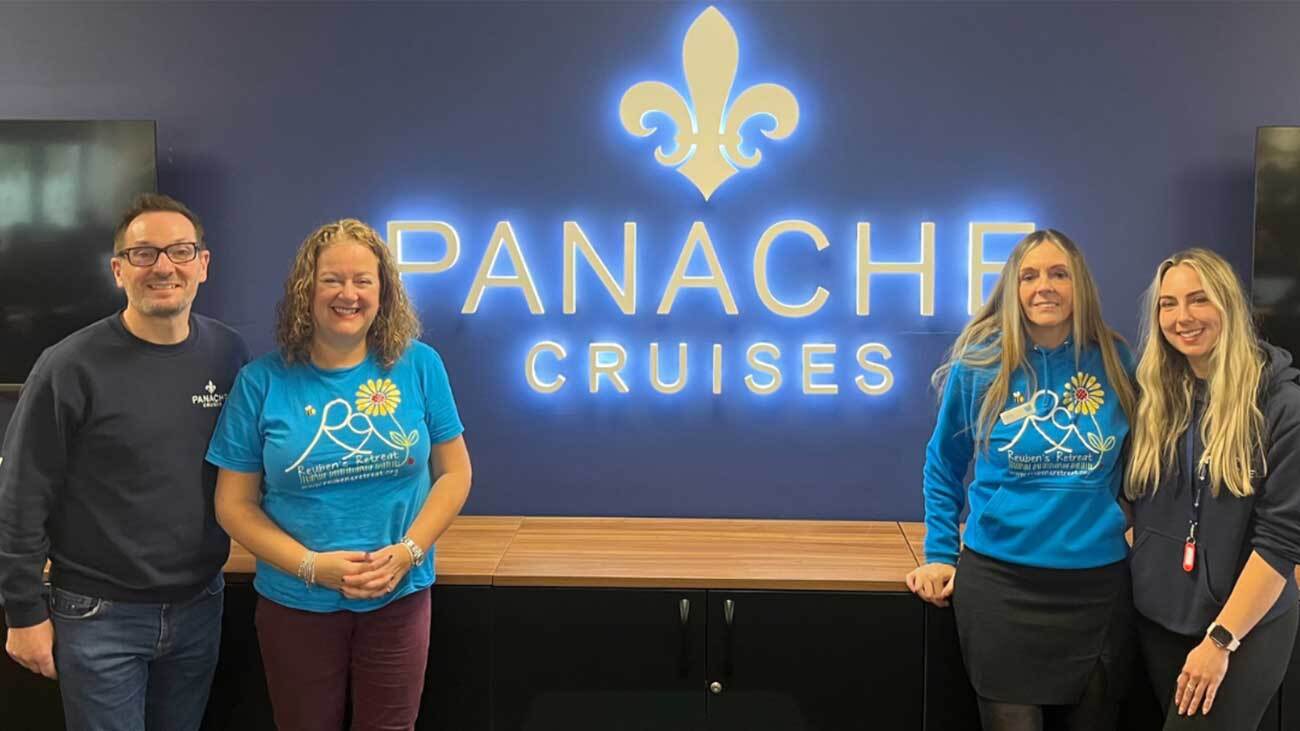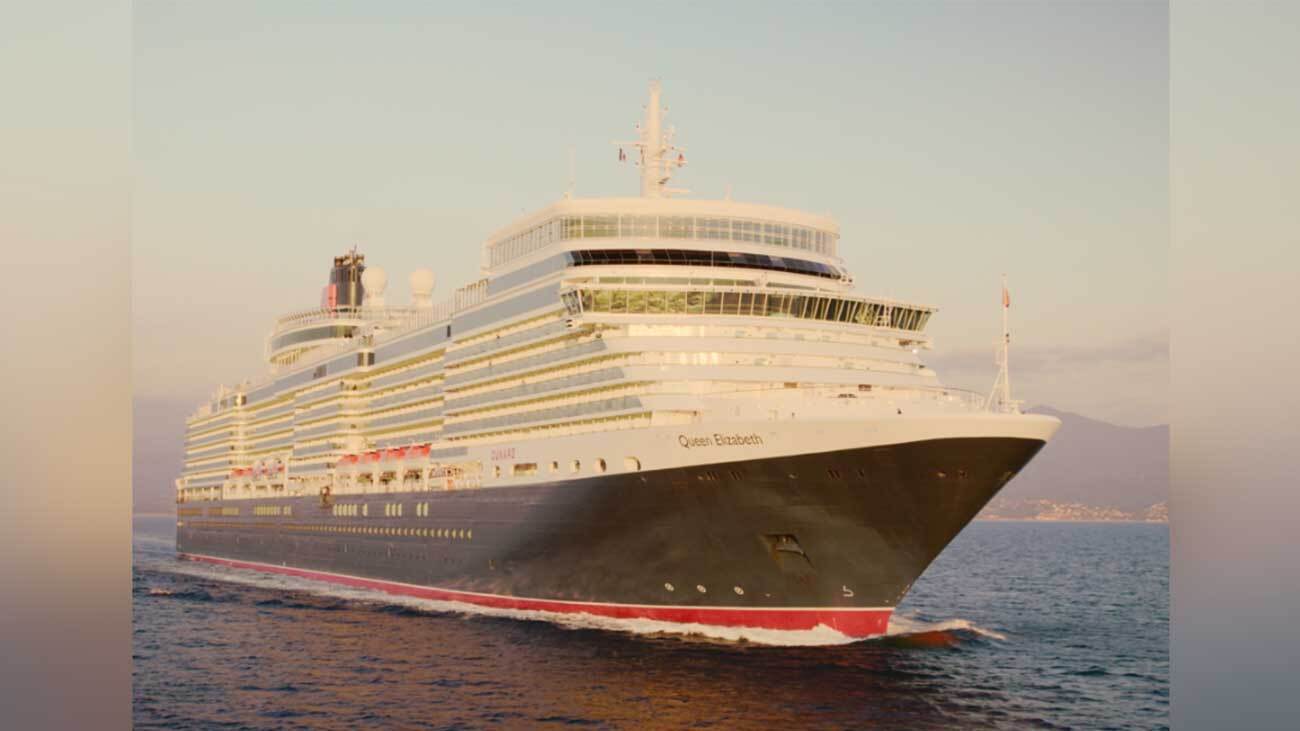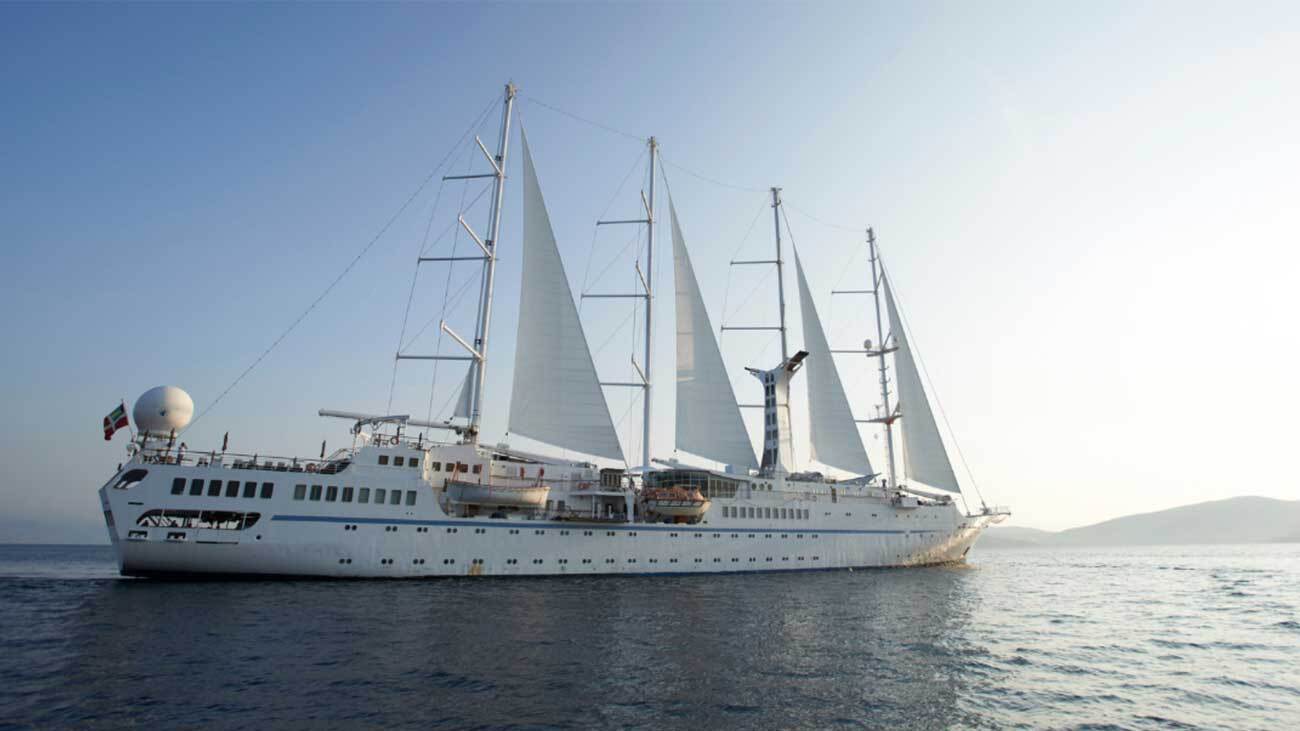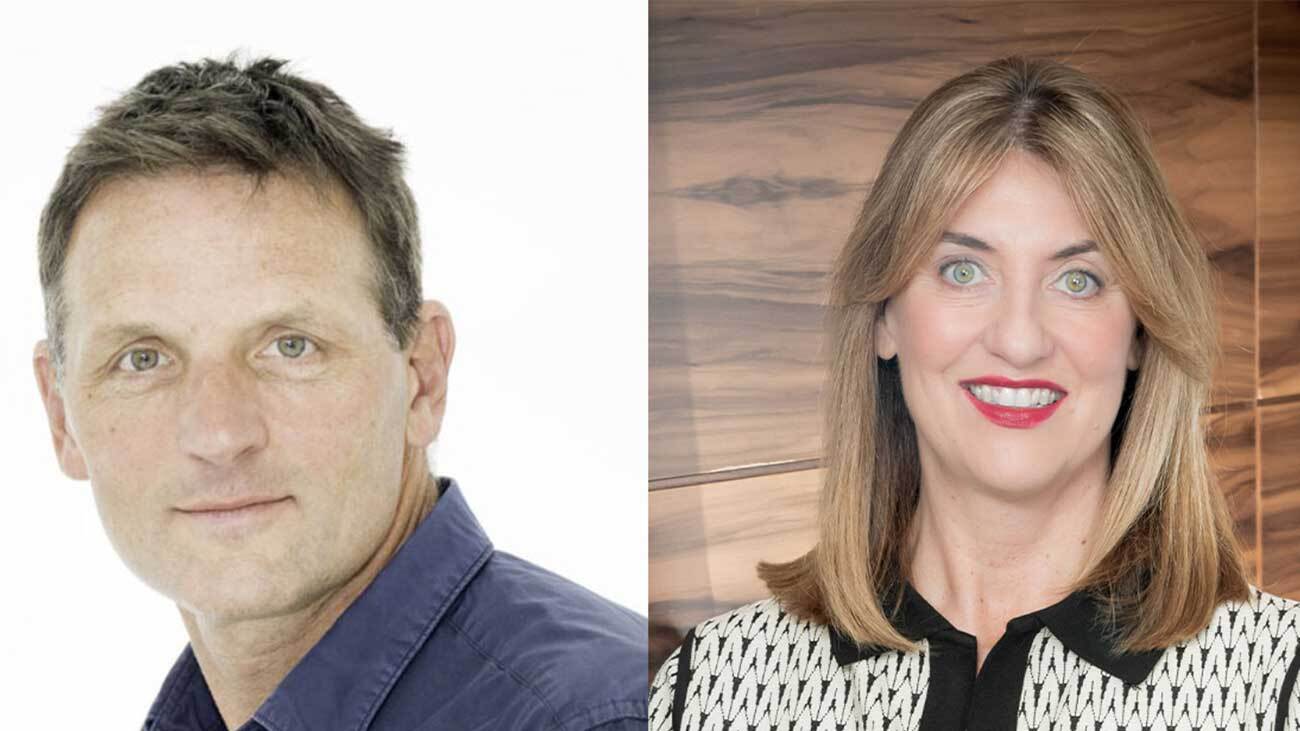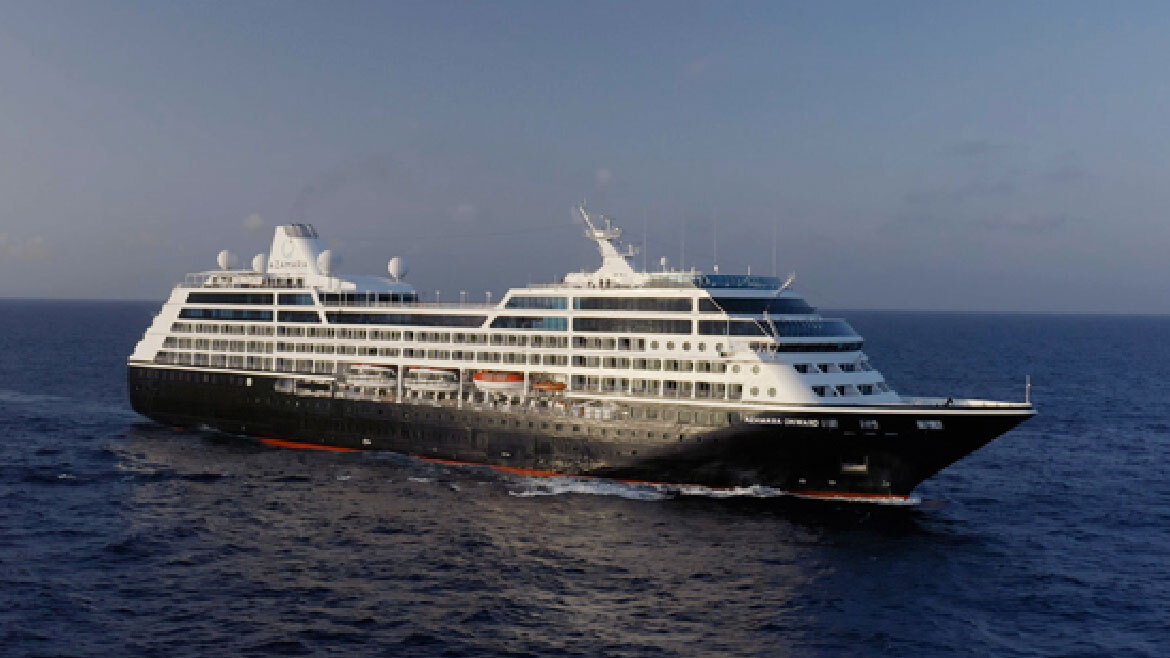Singapore ‘pretty close’ to recovering pre-pandemic tourism figures
Singapore Tourism Board (STB) has said the destination is “pretty close” to recovering its pre-pandemic tourism figures, highlighting the success of new product and recent marketing campaigns.
STB chief executive Melissa Ow said though 2023 visitor numbers were still down compared to pre-pandemic, tourism revenue figures painted a “much more optimistic” picture.
“We attracted 13.6 million visitors for the full year of 2023 and that’s about 71% of where we used to be in 2019, so we’ve not fully recovered the 2019 figures but I would say that’s pretty close,” she told Aspire.
“Of our top 15 markets, 12 have already recovered to beyond 80% of what they used to deliver so we’re reasonably confident that as we get into 2024 and go into early 2025 we will be able to close the gap on that front.
“There’s actually a much more optimistic picture when you look at tourism revenue - we’re actually very close to where we were in 2019. We’re going to close this year with between S$24.5 billion and S$26 billion, and in 2019 we were at S$27.7 billion. So the quality of visitors coming through is something that we keep our eyes on and we’re very happy that people are finding there is a strong value exchange.”
Ow said the UK remained one of Singapore’s top 10 markets and the top-performing destination in Europe, with more than 473,000 Brits travelling to Singapore in 2023, representing around 81% of pre-Covid figures.
Ow said a “mixture” of post-pandemic “revenge travel” and new product was driving tourism growth in Singapore.
In 2023, the destination added 10,000 rooms to its inventory with openings including The Singapore Edition and Artyzen Singapore. In Q4 this year, Raffles Sentosa Singapore will welcome its first guests on Sentosa Island.
“We have been fortunate that many of the luxury players have decided to set up in Singapore and that’s going to help us to reach out to new communities of luxury and premium travel,” Ow added.
New leisure experiences include Bird Paradise, a new bird park in Mandai Wildlife Reserve, and HyperDrive, an indoor, electric, multi-storey go-kart track, which featured in an STB marketing campaign with former F1 driver Jenson Button last year.
Plans are afoot to “rejuvenate” Singapore’s main shopping street, Orchard Road, to become a “multipurpose and multi-dimensional” lifestyle destination with more hotels and attractions introduced, alongside additional leisure attractions on Sentosa Island.
Ow said Singapore’s ‘city in nature’ positioning continued to be popular with the UK market. The destination’s cruise segment is also steadily growing in part thanks to British travellers.
“We see a lot of UK visitors using Singapore as a cruise hub to discover the rest of south-east Asia,” she said.
“[Singapore is] an amazing cruise destination – you’ve got the city and the culture and then fantastic beach destinations close by.”
Ow praised UK trade partners for being “enormously supportive” and “very enthusiastic” about Singapore, adding that the destination would continue to place a focus on fam trips for agents.
“The destination is evolving quickly and there are always new products coming online, which requires greater awareness and understanding of what the destination is for our trade partners,” she said.
“Partnerships [are also important]. We have been working with all the major OTAs as well as traditional travel trade partners on how to tell the Singapore story - what the destination represents and the types of experiences on offer.
“The role of marketing in travel has become a lot more complicated because there are so many different platforms on which to reach out and I imagine that our travel trade partners are similarly inundated with other destinations’ information, so we want to work to cultivate an understanding of the destination without it being overly onerous.”
Last month, STB unveiled its latest campaign in the UK entitled ‘Unreal. Made in Singapore’, which included a 3D out-of-home billboard at Piccadilly Circus.
The campaign built upon research which found that more than 90% of surveyed Brits believed at least one real image of Singapore was AI generated.
Ow said the campaign “challenged people’s perception of what they think they know of Singapore”, adding: “[The campaign] capitalised on this AI visual trend, which is popular at the moment, but then as a counter narrative it actually states Singapore imagery is not AI-generated – we don’t need it.”
Photo credit: Henderson Wave Bridge, Singapore Tourism Board
